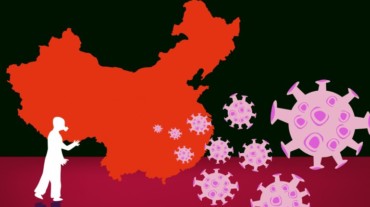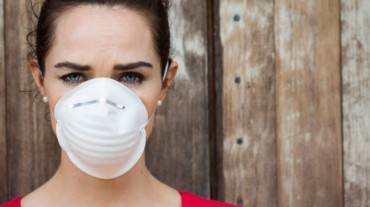
By now, you would have probably heard about the coronavirus that causes a pneumonia-like illness and which has already claimed over a hundred lives and infected close to 5,000 people in China. First detected in Wuhan City, the virus was reported to the World Health Organization (WHO) on December 31st of last year. And a few days later, Chinese authorities recognised it as a novel coronavirus.
According to reports, the pathogen behind the mysterious illness has been linked to workers at a market selling live fish, birds and animals in Wuhan. A 45-year-old Indian school teacher, Preeti Maheshwari became the first foreigner to have contracted the disease in China.
Coronavirus has now spread to different countries with cases being confirmed in Taiwan, Japan, Thailand, Sri Lanka, Australia, Singapore, France, Cambodia, Germany, and South Korea. The United States is reporting five confirmed cases of coronavirus.
To make matters worse, scientists are worried that the highly infectious and rampant coronavirus cannot be contained.
Also, read: Here’s why Lyme disease is all over the internet and what you need to know about it!
But what is coronavirus?
According to the World Health Organization, coronavirus (CoV) belongs to a large family of viruses that cause illnesses that range from common cold to more severe diseases such as the Middle East Respiratory Syndrome (MERS-CoV) and Severe Acute Respiratory Syndrome (SARS-CoV).
The novel coronavirus (nCoV) that is affecting people at present is a new strain that has not been previously identified in humans.
Coronaviruses are zoonotic, which means they are transmitted between animals and people and could be the point of origin for the outbreak in humans. The SARS-CoV was transmitted from civet cats to humans and MERS-CoV from dromedary camels to humans.
Select Topics of your interest and let us customize your feed.
PERSONALISE NOWWhat are the symptoms of a coronavirus infection?
Common symptoms of those infected with coronavirus include:

The infection can also cause pneumonia, severe acute respiratory syndrome, kidney failure, and even death in extreme cases.
How does coronavirus spread?
Coronavirus can spread from human contact with animals. As for human-to-human transmission, it happens when you come in contact with the infected person’s secretions. Depending on how strong the virus is, it can be transmitted through a cough, sneeze or even a handshake, reveals the US-based Centre for Disease Control and Prevention.
Should you be worried?
Well, yes. Since China is a neighbour–and the infection has spread to countries like Thailand and Japan which see a lot of Indian tourists–the chances of the infection plaguing India is a possibility. This is the reason why Indian airports have been doing a thermal screening of all in-bound passengers from China.
In fact, just in the national capital three suspected cases of coronavirus have been detected. And over 100 people have been kept under observation across the country to prevent an outbreak.
How can you protect yourself from a coronavirus infection?
According to the National Health Commission of China, the ways to keep safe from coronavirus include:
How is a coronavirus treated?
Unfortunately, there is no vaccine for the novel coronavirus, reveals the WHO. There is no specific treatment for the disease as well.
Prevention is really better than cure when it comes to coronavirus infections. So stay safe and stay healthy.